In recent days, the phrases "living in a virtual world", "living in a virtual world", and "loving color" have been mentioned more and more in society after the Central Committee of the Vietnam Fatherland Front announced the account statement to support flood victims.
The reason is that many people, although boasting that they have donated large amounts of money, even up to hundreds of millions, but, through the "check var" results that netizens checked their statements, the actual amount is not as such.
These people are considered to live a "fake" life because they create a fake image, like to show off, and boast about unreal luxury.
In reality, in student life, many individuals, despite not having good economic conditions, still pursue a lavish and luxurious lifestyle. There are many cases where parents are required to provide luxury cars, expensive phones, nice clothes, and meet many high demands such as going to coffee shops, beauty salons, relaxing, traveling, etc.
Commenting on this reality, Master of Communication Pham Cong Nhat - a communication lecturer in Ho Chi Minh City - said that with the development of technology and social networks, cultural trends appear more and more easily and quickly on cyberspace, with increasingly strong influence, directly affecting the psychological and emotional lives of young people today.

Master of Communication Pham Cong Nhat - communication lecturer in Ho Chi Minh City - in a sharing session with students of Ho Chi Minh City University of Medicine and Pharmacy (Photo: NVCC).
Along with the good trends, there are also dangers from deviant cultural trends. To become a "highlight" in that flow, many young people do not hesitate to create negative trends to "get likes" and "get views".
This makes many people, especially a segment of Gen Z students, tend to idolize phenomena that show off a rich, luxurious, and stylish lifestyle...
This can come from naive thoughts due to a thin worldview and shallow critical thinking, influenced by the psychology of fomo (a syndrome understood as a significant fear and anxiety about missing out on interesting and attractive things in life that others experience, or simply not knowing what friends around are talking about) even when there is no information to verify.
Therefore, according to Mr. Nhat, it is not difficult to understand why recently there have been phenomena of living "in a fake" life such as creating a fake image of wealth or editing images of money transfer transactions...

Many students have a "fake" lifestyle despite poor economic conditions (Illustration photo created by AI).
He explained that the desire to be known and famous is one of the most common things among people in general and young people today in particular.
Master Pham Cong Nhat believes that the desire to be famous makes some people take risks, even though they know there will be consequences. However, they may not be prepared or fully imagine how they will cope when the consequences occur.
The consequences of a virtual lifestyle and a love of "canvases" are quite obvious to individuals. When the truth is exposed, all the values that one has built up before can easily be completely lost.
The communications lecturer analyzed that, perhaps in the past, you did many good things, but just because of a few exaggerated, untrue mistakes, after being discovered, those good things will be erased, even to a negative number.
Not only that, these individuals will contribute to the gradual erosion of trust in society. Once trust is lost, it will take a long time to restore.
"When we do well, information may not spread far and deep, but when we do wrong, news spreads very quickly," said Master Pham Cong Nhat.
Not to mention, this also leaves many consequences in society, especially for young children and students who do not have enough knowledge to distinguish information. When we show off our glittering things, some young children and students see the glitz, giving rise to a feeling of inferiority, causing them to become depressed or have illusions about an unreal lifestyle.

Many young people have real life and appearance that are very different (Illustration image created by AI).
Regarding the underlying cause, he believes that a large part of the consequences come from the fact that students in particular and young people in general are being exposed to social networks in an uncontrolled way, without distinguishing between age-appropriate content.
"Today's youth, under the influence of social networks, do not think as deeply as the previous generation," Mr. Nhat commented.
He gave an example that in the past, to access information, people would have to read books, research documents or watch 10-20 minute long video clips that made the brain think a lot. There were even issues that had to be watched over and over again to absorb.
Nowadays, most young people access short information and like to watch video clips that are only 15-30 seconds long. This habit affects concentration, patience, and depth of thinking, making children not need to think much.
Over time, the brain is underdeveloped, affecting thinking, actions, and thinking is not thorough, and the consequences cannot be foreseen.
"The brain is like a muscle, the longer you practice it, the better it gets. Regular practice is the only way to develop it," Mr. Nhat said.

Students today have early access to smart devices but no control over content (Photo: Huyen Nguyen).
Access to harmful information on social networks has also been warned by the Ministry of Information and Communications as many video clips are encouraging young people to imitate and follow bad and offensive trends, distorting the awareness and lifestyle of young people, and corrupting the cultural values of the nation.
Young people who regularly follow content creators are likely to be influenced by the lifestyles of many influential people such as building a luxurious image, using branded goods, going to famous places...
Many young people even think about dropping out of school, not needing to go to school to become a tiktoker, a public figure and live the life of a celebrity.
This way of thinking creates a virtual, "fake" lifestyle, not caring about real life but definitely posting clips online must be beautiful, must be flashy to be admired by many people. Many students use their parents' money to shop and eat expensive food for this purpose.
Source: https://dantri.com.vn/giao-duc/nhung-thoi-quen-hang-ngay-khien-tre-kem-thong-minh-thich-song-phong-bat-20240916230239463.htm



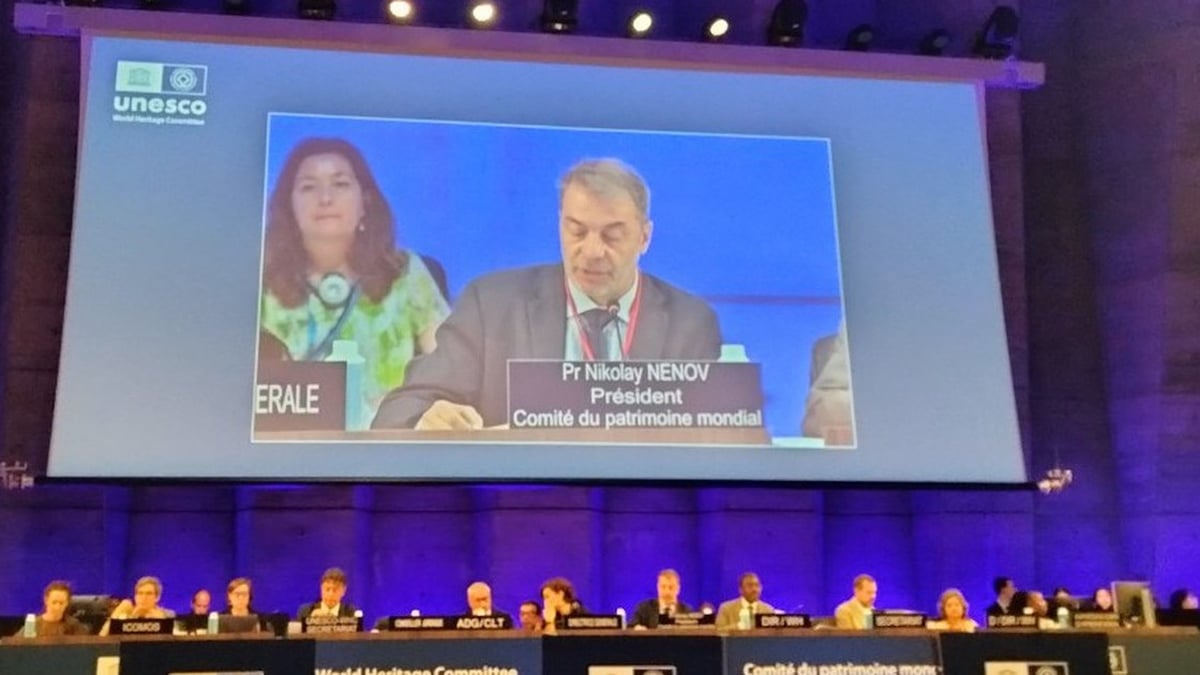
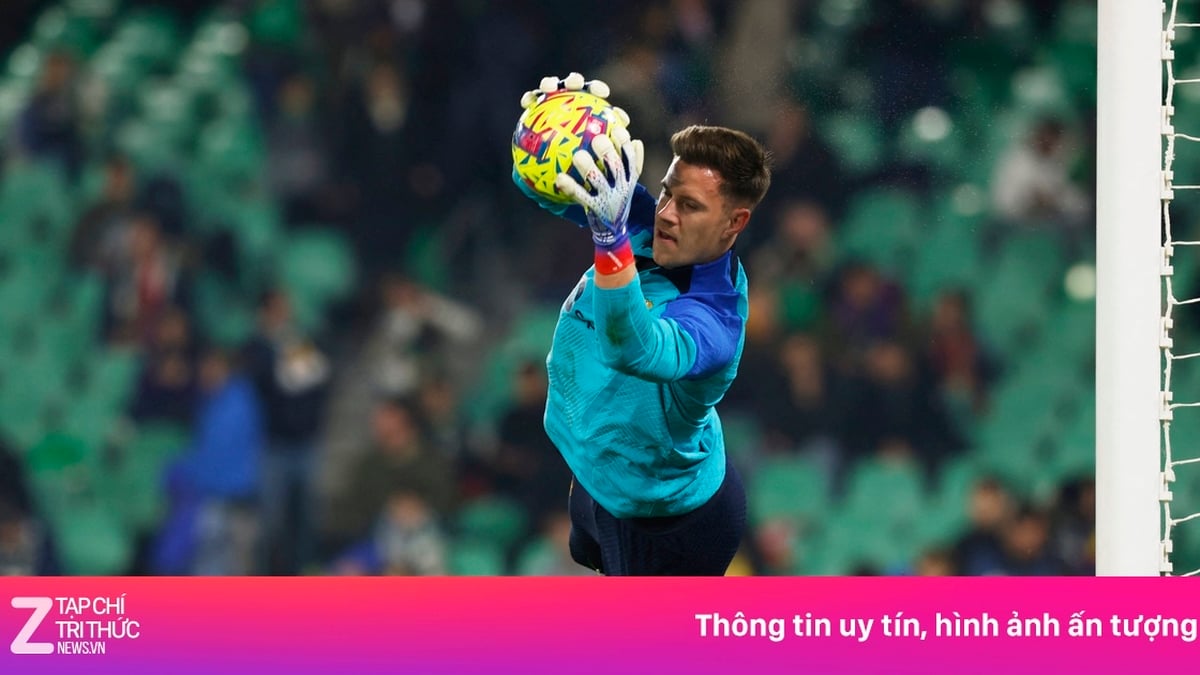






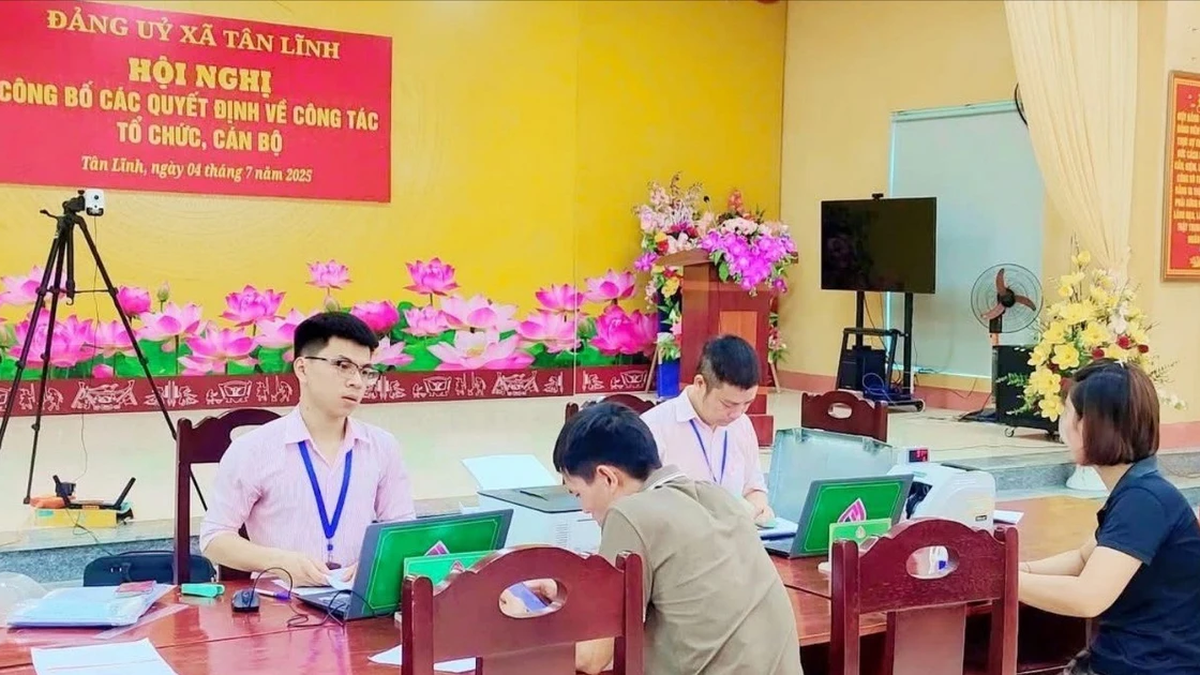




































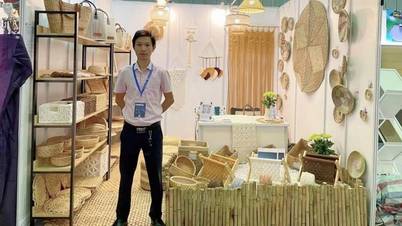


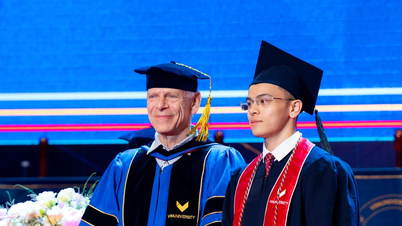
























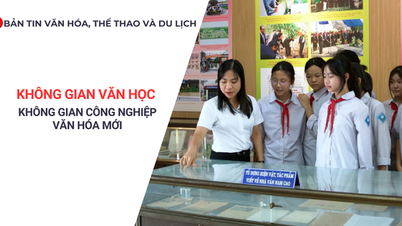
























Comment (0)